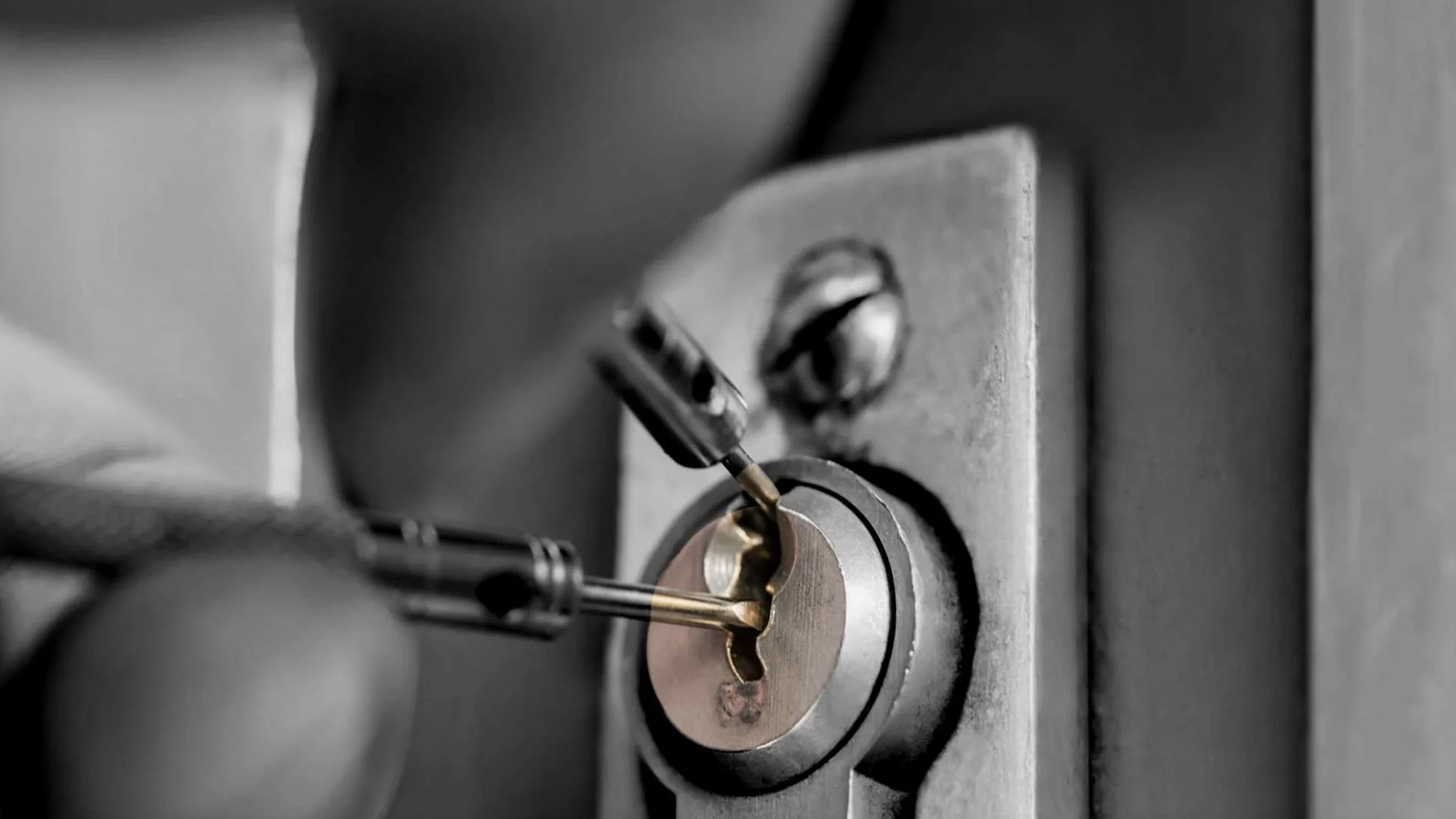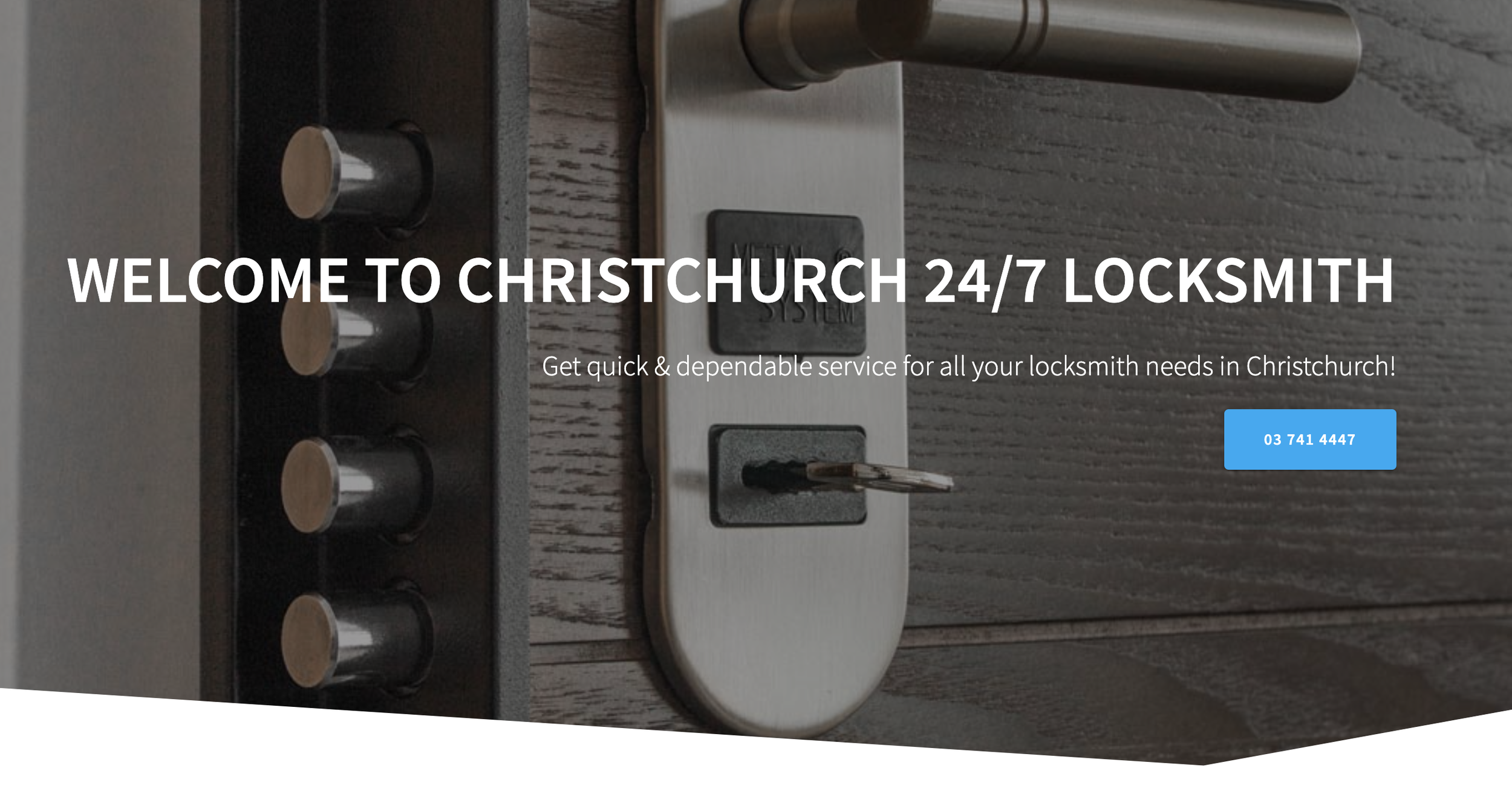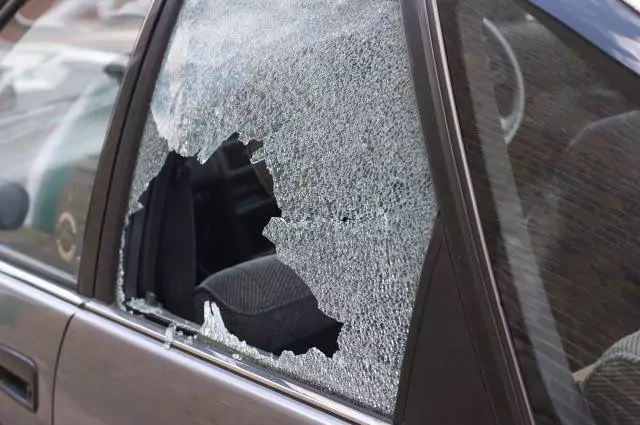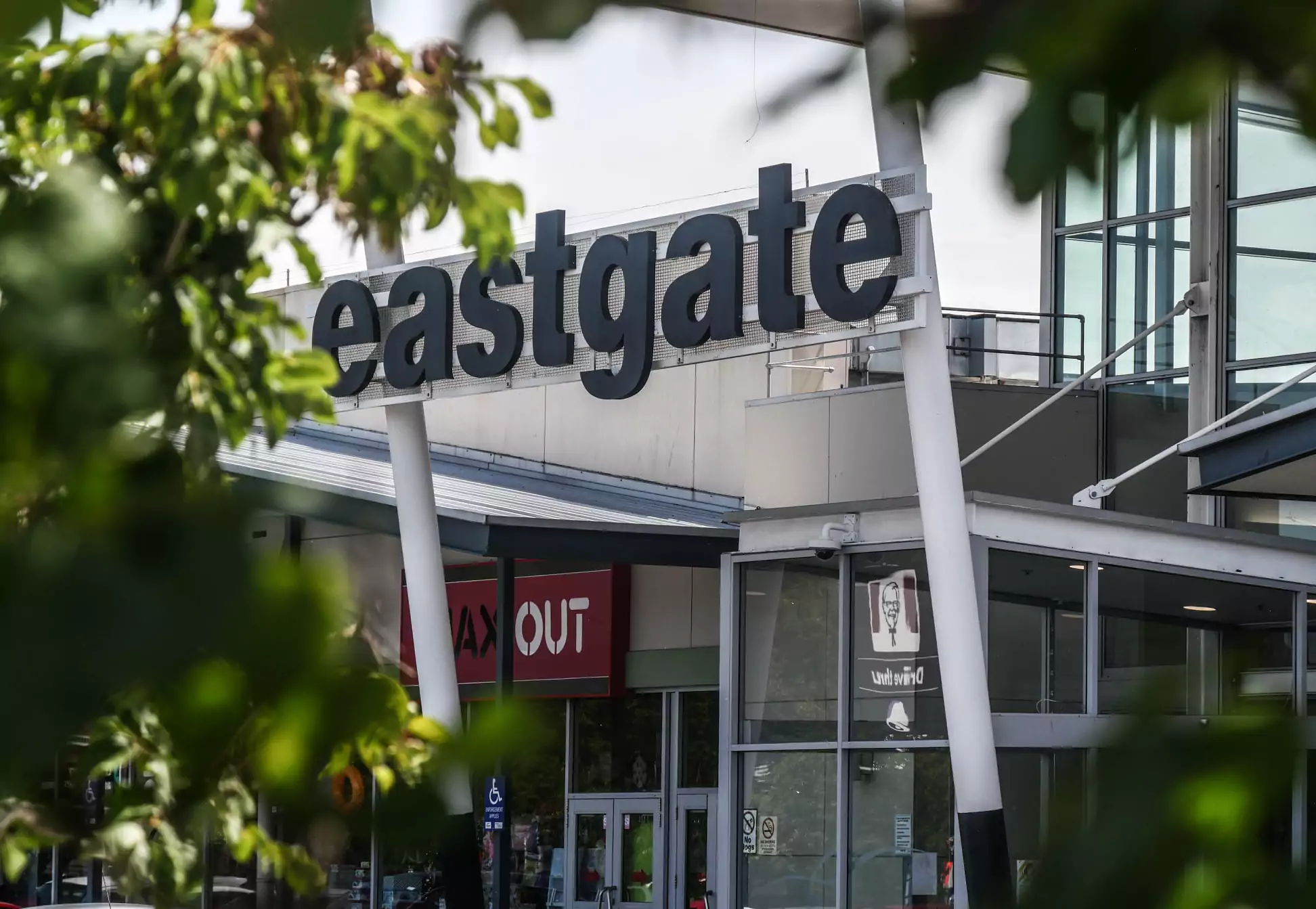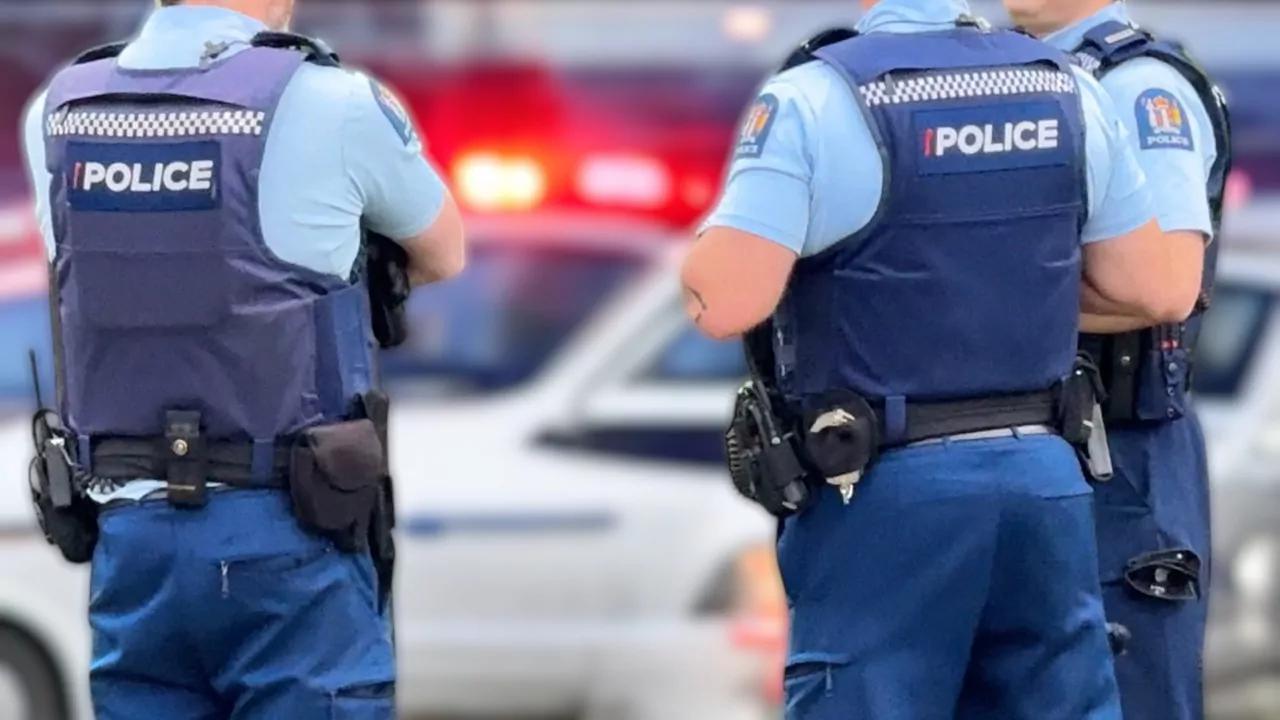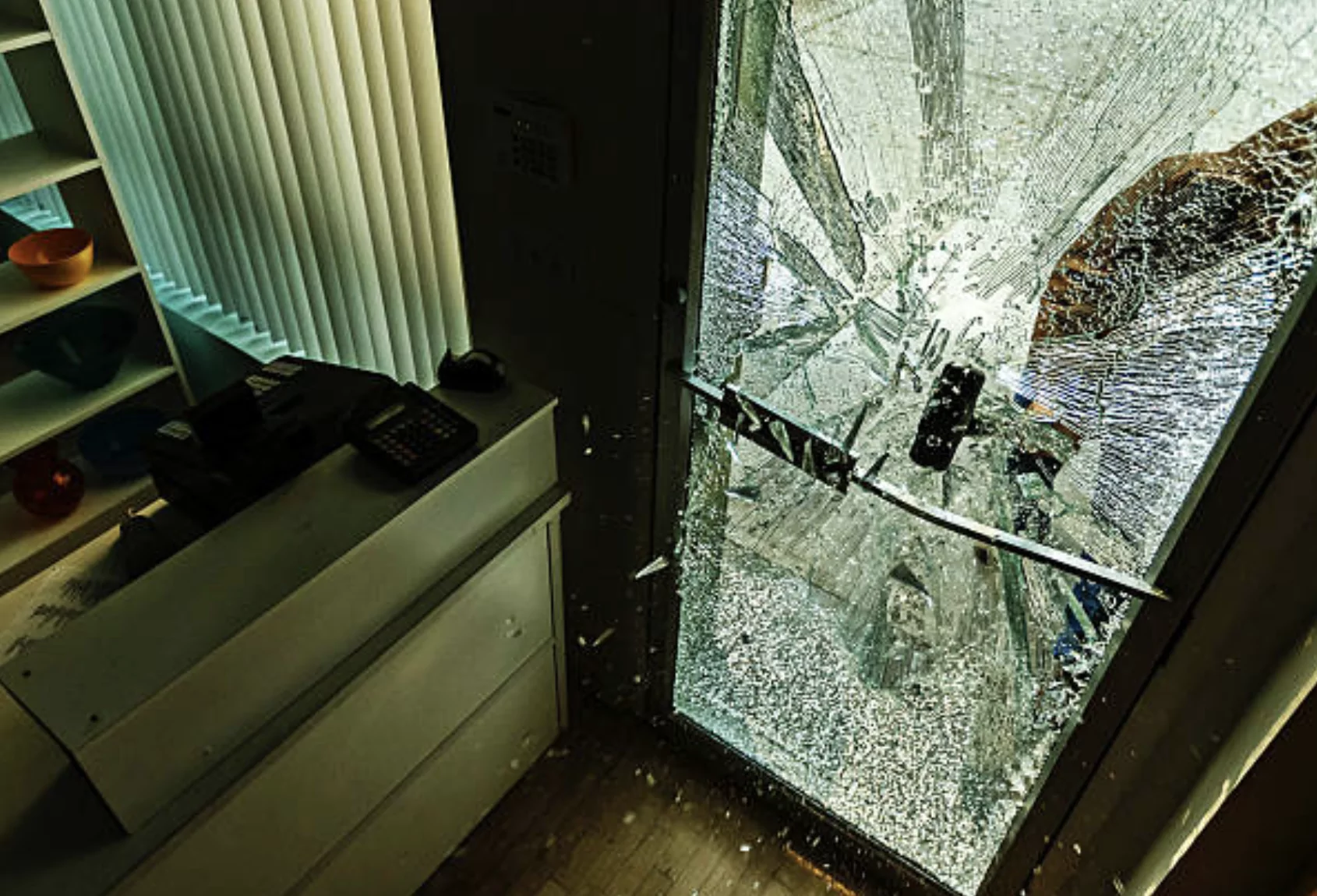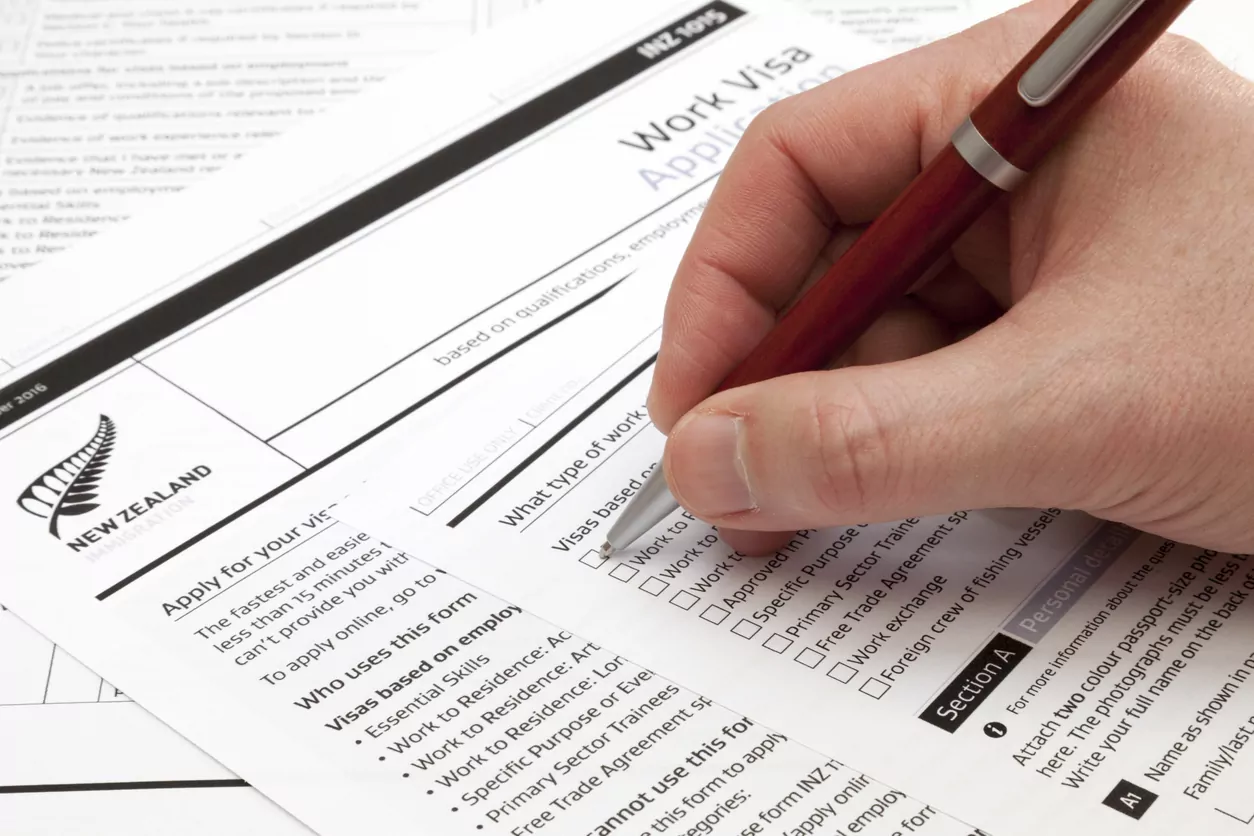Christchurch residents are being warned about unqualified locksmiths ripping people off and threatening customers.
Sara Andrew from Ross Galt Lock & Alarm Ltd approached Chris Lynch Media to warn residents because she’d noticed a rise in fix up jobs caused by “a scam locksmith outlet, showing up as the top result on Google.”
She said the service appears as a top search result on Google Ads during a particular time of the day, advertising fast and cheap service for “$35.00”, to lure people away from legitimate locksmiths.
“Christchurch247locksmith.co.nz is a scam website based overseas, and the call centre dispatches unqualified cowboys with no security license or training.”
When Chris Lynch Media phoned the company, a man, who wouldn’t give his name, said the company was “based everywhere.”
The man said he would send the company’s security license via email, but it never arrived.
When called again, a recorded answering message provided an international number “5878325087” the same number used for other “security” companies based in Canada.
When Chris Lynch Media called the following day a man on the call said “f**k off, I don’t want to talk to you.”
Andrew said cowboy locksmiths were drilling into locks unnecessarily, resulting in damage that her company was having to fix up.
“The scammers also threaten people about payment once they’re on site.”
Screenshot over “Christchurch” locksmith, which appears to be based overseas.
Andrew said “the people who have reached out to us, to fix the mess, live alone and are in vulnerable situations.”
Customers spoken to feel concerned for their safety when they realised the locksmith in their house was not genuine or professional.
“Warning signs include bad workmanship, wearing no uniform, and parking down the road so the customer can’t see they don’t have a sign written work van. But, by this point, the locksmith is inside their home and demanding money for substandard work – usually far more than the promised “$35.00.”
Andrew said a woman she spoke to last week was forced into transferring money into the scammer’s personal bank account, even though no work was carried out, leaving her feeling intimidated and threatened because she was home alone.
“When she called the company to complain, they hung up on her and screened her calls, so she was completely ripped off.
She was petrified they had cased her house and would return to rob her, so she asked us to secure the lock.”
She has made a complaint to the Commerce Commission.
It’s not the first time this sort of scam has happened. In 2018 similar complaints were made to the Commerce Commission.
“Unfortunately, in New Zealand, the security industry is not protected by legislation” Andrew said.
“The Commission investigated in 2018 and found that a lot of the “locksmiths” were working illegally and had them deported.
I think it’s important to educate Cantabrians: When you require a security provider, take the time to do your research because nothing is more important than the safety of your home and business.”
Andrew said it’s important for customers to look carefully at websites.
“If the company does not have a physical address in Canterbury, and there are no reviews on Google – be wary. And if the price sounds too good to be true, then it probably is.”
Master Locksmiths Association of Australiasia New Zealand Regional Director Mike Begg said “this is a worldwide trend with unskilled workers passing themselves off as locksmiths and taking advantage of vulnerable people in a very stressful and unfamiliar situation.”
He said “the association had seen this happening in all the big cities in Australia and also in Auckland.
It is upsetting to hear it is now happening in Christchurch. As an association, we are trying to educate the public to be aware of this.”
The Commerce Commission was approached for this story.
Master Locksmiths Association of Australiasia Advice
-
Did you find the business through an ad on Google?
Scammers usually can’t gain so-called “organic relevancy”, so they have to buy ads on Google. Not all Google ads promote scammers, but if the business just runs ads, it might be a scammer. -
Is the business using a legit local domain ending such as .com.au or .co.nz?
Only companies having a current Australian Business Number (ABN) or New Zealand Business Numbers (NZBN) are entitled to own an Australian or a New Zealand domain. Scammers often do not have ABNs or NZBNs and, therefore, have to use .com, .info or other foreign domains. -
Is their address legit?
Some scammers use the addresses of landmarks, office towers or even big shopping malls to make it look like they actually run a local business. -
Is there a legit company with the same or a very similar name?
Scammers sometimes use business names of legit locksmiths or very similar-sounding names. Obviously, it’s hard to tell who is who, and we would recommend checking both of their websites.
-
Is the business licensed?
In some areas in Australia and New Zealand security businesses such as locksmiths are required to maintain a license. Check their website for that number and ask when you call. -
Is the locksmith a member of the Master Locksmiths Association of Australasia?
Members of the MLAA agree to follow a strict code of practice and code of ethics, must employ fully qualified and licensed locksmiths, and must hold minimum levels of insurance. -
Is the person you called extremely vague about costs, prices and services?
Qualified locksmiths have a very good understanding of the work or products needed to solve your problem. Therefore you always can expect an accurate estimate upfront. -
Is the person you are talking to able to tell you the name of the person arriving at your house?
Often scammers work with international call centres, and the person on the other end of the phone won’t know the name of the person who will actually turn up on your doorstep. -
Is the person arriving at your house a qualified locksmith?
-
It is true that in some cases an individual doesn’t have to have a qualification to open your home or car. However, do you really want to have your security-related work done by a layperson? -
Is the business offering different ways to pay?
-
Often scammers will ask you to pay via credit card so they have full control over what to charge at your premise and even later.
